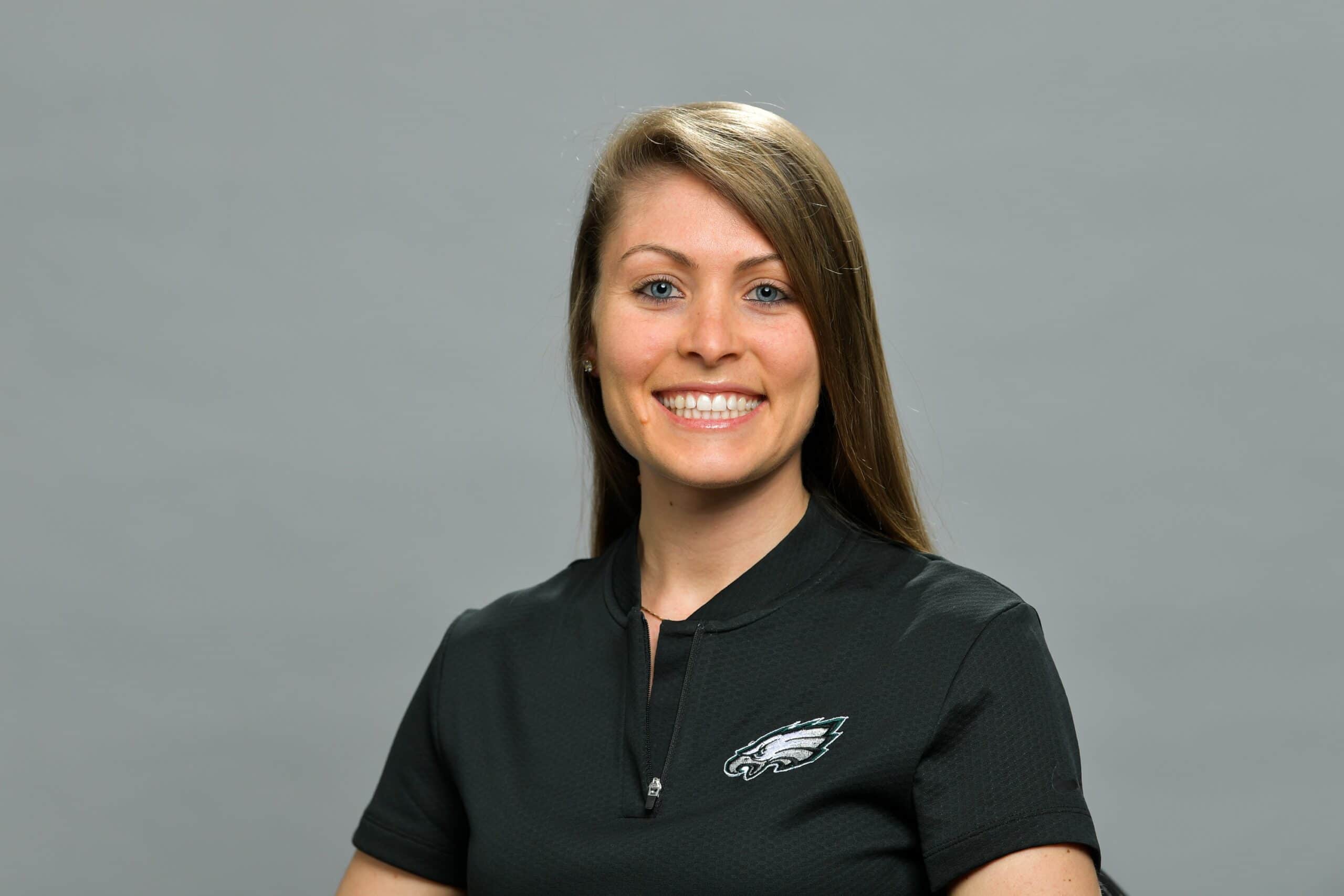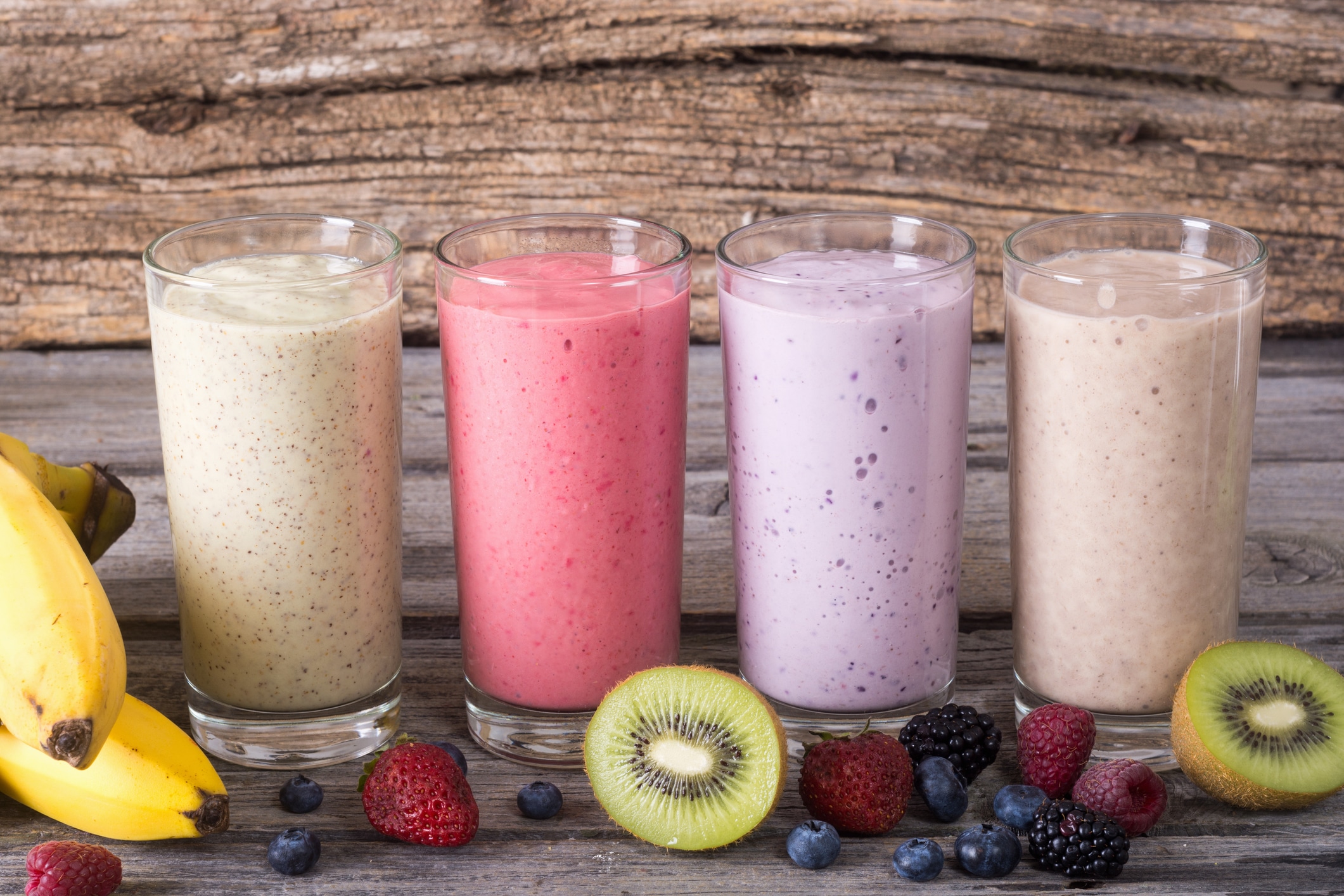Coaches, trainers and sports dietitians work hard to instill healthy habits – like training, good sports nutrition practices and even leadership skills – into the lives of younger athletes. These skills are important as athletes progress through their sports careers and their responsibilities and expectations increase. Younger athletes that learn these skills in middle and high school are better prepared for success in collegiate and professional sports. Fueling Optimal Sports Performance is key – learn more below.
Here’s a glimpse into the life of a professional athlete and how sports dietitians, like myself, help them prepare.
Rigorous Schedules
Being a professional athlete means more than just playing sports. Aside from work schedules, they also must fit in family time, media and marketing opportunities, and involvement in volunteer or charity work.
A typical day may consist of an early morning breakfast, followed by a few hours of meetings, about two hours of practice, media obligations, lunch and then a few more hours of meetings before going home. The next day, they repeat the schedule over again. Some days may also include strength training in addition to their regular routine.
Proper fueling is essential to sustain physical and mental strength throughout their demanding schedule. This is where my job as a sports dietitian comes into play. Here are three ways that I help professional athletes stay well fueled on a daily basis.
- Ensure that nutrient-dense snacks are easily available throughout the building at all times. For example, there are conveniently located fueling stations where athletes practice and dine, allowing for a snack break between meetings.
- Prepare recovery smoothies for athletes upon finishing practice and strength training. An ideal recovery smoothie would include fruit as a source of carbohydrate and protein powder and milk as a source of both carbohydrate and protein. In place of protein powder, Greek yogurt may be used for additional protein and carbohydrates. Peanut butter can also be used to add healthy fats and protein. This gives the athletes what they need to properly recover in addition to eating a balanced meal.
- Create hydration stations throughout the building to help with fluid needs, especially on hot summer days. Having easily accessible water and sport drinks in a variety of places throughout the building helps athletes stay properly hydrated.
Travel Days
Along with the rigorous schedule comes travel. An athlete’s travel schedule is highly dependent on their respective sport. Some sports have multiple games per week, which requires a lot of travel.
Travel can have a big impact on what and when an athlete eats, especially if crossing time zones. The athlete may be faced with jet lag, which can affect eating schedules. It’s my job as a sports dietitian to adjust meal routines to the new time zone to keep athletes on a normal schedule.
It’s important athletes plan ahead and bring enough food to meet their individual energy needs. I also remind athletes to continue to consume liquids during travel to avoid fluid loss. If the destination’s environment is different from what the athlete is used to, they might practice in a simulated similar condition keeping fueling and hydration strategies in mind.
Long Seasons
Professional sports seasons are typically longer than high school or collegiate sports. The year usually begins with a preseason that consists of longer days, as well as games. Preseason can last a few weeks to a month and then leads directly into the regular season, which can last a few months or longer on the collegiate level.
The longer season means more focus on proper fueling and hydration. Educating athletes on how to properly fuel their bodies for the duration of the season is a critical part of my job.
Pro Tips
- Recover right: Proper recovery strategies are vital. If athletes do not refuel their bodies properly after every practice, lift and game, it can have an impact on their overall performance later in the season.
- Prepare for long days and travel: Preparation is the key to proper fueling. This can be done by planning and packing the right foods to take with you. Pack a mini cooler with ice packs and portable foods such as Greek yogurt cups, containers of milk, sandwiches, cheese sticks and energy bars.
- Focus on immune health: Long seasons can also have an effect on the athlete’s immune system. I educate athletes on the proper timing of macro/micronutrients needed to recover and how certain foods and nutrients, such as protein, Vitamin D and probiotics – found in dairy products, like milk and yogurt — may help support their immune health.
With professional athletes performing at a high level every single day, sports nutrition is a crucial piece of their daily regimen. I find it so rewarding to help athletes eat right so that they can perform to the best of their abilities. Good nutrition allows them to be able to do their job more efficiently and in turn have more success and longevity in their respective sport. The younger you start to practice proper sports nutrition strategies, the more prepared you will be to play at a higher level.





